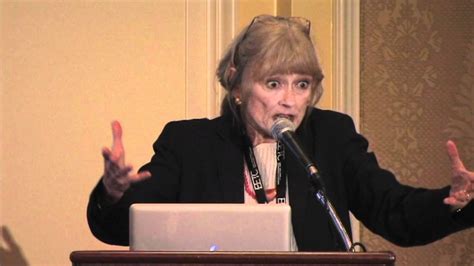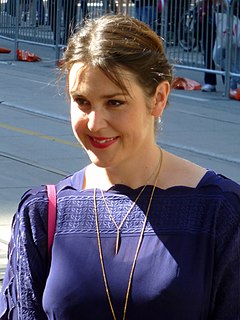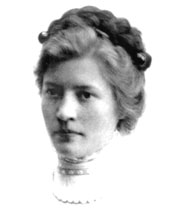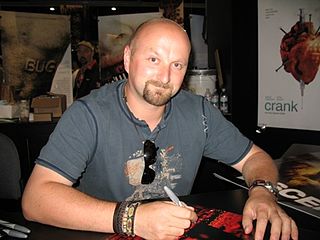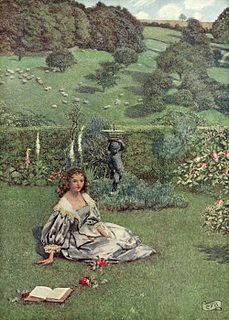A Quote by Robert Winston
Of course it is a very simple matter to identify genes which might modify intelligence or memory and start thinking about whether you want to enhance a human, and the next generation is going to have to deal with that issue. Should we be trying to enhance humans rather than trying to educate them and so on?
Related Quotes
You have to be reminded of a basic fact: intelligence belongs to the watching consciousness; memory belongs to the mind. Memory is one thing - memory is not intelligence. But the whole of humanity has been deceived for centuries and told indirectly that the memory is intelligence. Your schools, your colleges, your universities are not trying to find your intelligence; they are trying to find out who is capable of memorizing more. And now we know perfectly well that memory is a mechanical thing. A computer can have memory, but a computer cannot have intelligence.
Human beings are ultimately nothing but carriers-passageways- for genes. They ride us into the ground like racehorses from generation to generation. Genes don't think about what constitutes good or evil. They don't care whether we are happy or unhappy. We're just means to an end for them. The only thing they think about is what is most efficient for them.
I feel like any actor should always be thinking about how to serve the story. The thing to be cautious of is trying to make too much of your "moment," or whatever. The story is a lot bigger than you, and you're there to help it along. The thing to think about is whether what you're doing is true to the moment and where the story's going, rather than going, "Here are my scenes. What can I try and do to make the most of them?"
Utilities used deregulation to effect a series of mergers limiting competition. In order to accelerate profits, cost cutting ensued, involving the layoff of thousands of utility company employees, including some who were responsible for maintenance of generation, transmission, and distribution systems. A number of investor-owned utilities stopped investing in the maintenance and repair of their own equipment, and, instead, cut costs to enhance the value of their stock rather than spending money to enhance the value of their service.
I love CG - it's a great tool. I just don't think you should use it to replace reality; you should use it to augment and enhance. Do matte paintings, do composites, do replications, stuff like that, but you're taking something real and working with that as opposed to trying to fake it from scratch. The human brain can tell the difference.
It's a very complex network of genes making products which go into the nucleus and turn on other genes. And, in fact, you find a continuing network of processes going on in a very complex way by which genes are subject to these continual adjustments, as you might say - the computer programmer deciding which genes ultimately will work.




